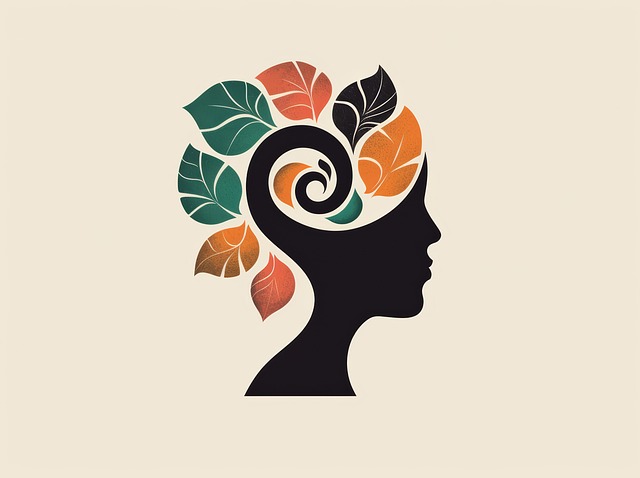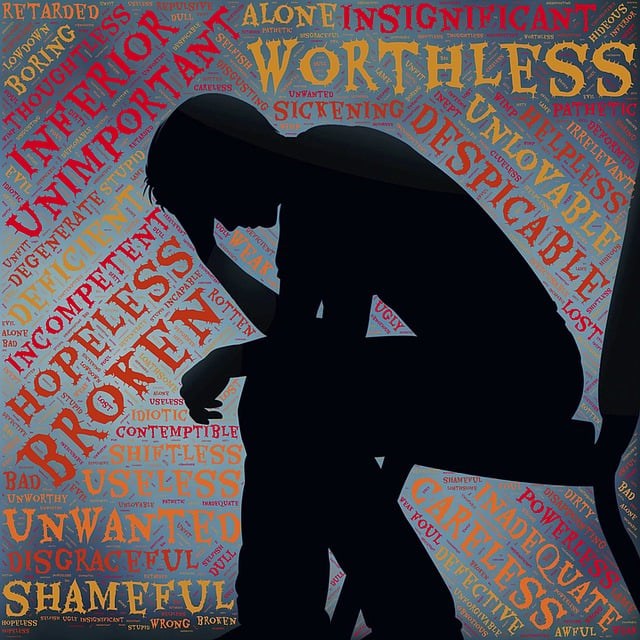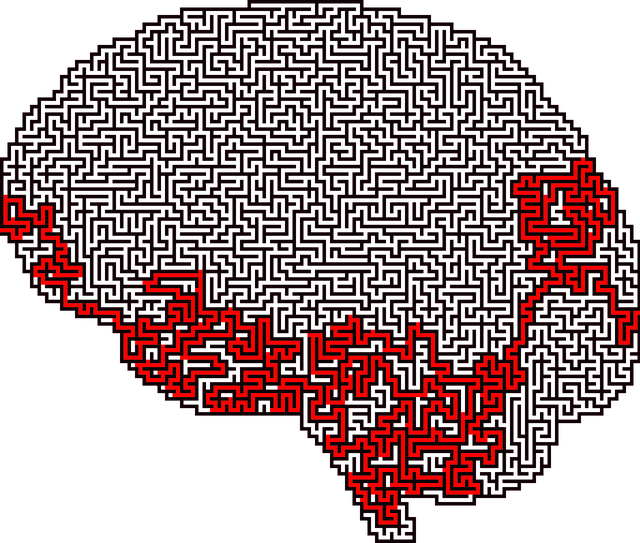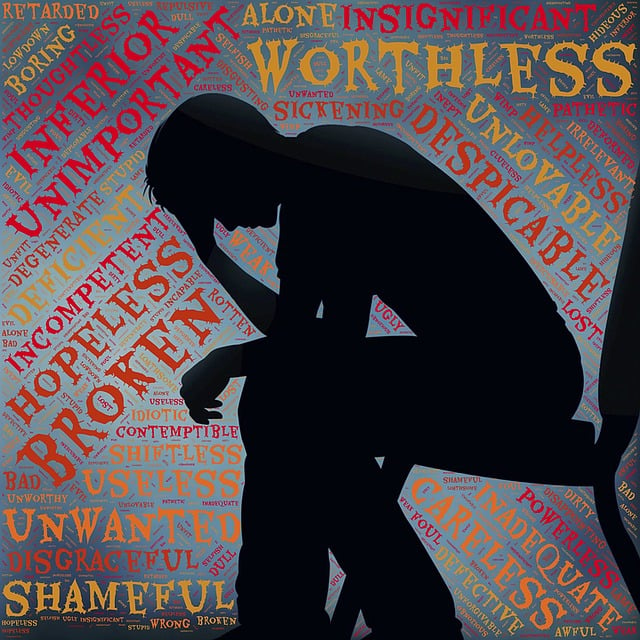Understanding cultural diversity is crucial for meeting the mental health needs of elderly populations, as it influences their perspectives on well-being and healthcare preferences. Therapists must adapt evaluations with cultural sensitivity, considering holistic healing practices or Western medicine, emotional intelligence, and tailored interventions from community outreach programs. This ensures personalized care that respects diverse backgrounds, builds trust, fosters open communication, and effectively addresses unique cultural challenges in mental health evaluations for elders.
In today’s diverse society, cultural sensitivity in mental healthcare is paramount, especially when addressing the unique needs of elderly populations. Demographic shifts highlight the growing importance of cultural competency, as elders from various ethnic and linguistic backgrounds seek support. This article explores the challenges and barriers to therapy for elders, including language issues and cultural stigma, while offering practical strategies for culturally sensitive mental health evaluations. From incorporating cultural assessment tools to provider training in cross-cultural communication, these approaches ensure respectful, effective care tailored to diverse beliefs and practices.
- Understanding Cultural Diversity in Elderly Populations
- – Exploring the demographic shifts and the importance of cultural competency
- – Defining cultural sensitivity and its impact on mental healthcare access for elders
Understanding Cultural Diversity in Elderly Populations

Understanding cultural diversity is essential when addressing the mental health needs of elderly populations. In today’s diverse societies, many older adults come from various ethnic backgrounds, each with unique beliefs, values, and traditions that shape their perspectives on health and well-being. For instance, some cultures may emphasize holistic healing practices, while others prioritize Western medical approaches. This diversity necessitates a nuanced approach in therapy for elders’ mental health evaluations.
Community outreach program implementation can play a pivotal role in enhancing cultural sensitivity in mental healthcare practice. By engaging with local communities, mental health professionals can gain insights into the specific cultural contexts and challenges faced by elderly individuals within those communities. This knowledge allows for more tailored interventions, ensuring that therapy aligns with the client’s values and beliefs. Furthermore, emotional intelligence, a key component of effective communication, enables practitioners to navigate these cultural differences sensitively, fostering trust and open dialogue during mental health evaluations.
– Exploring the demographic shifts and the importance of cultural competency

In today’s diverse and ever-changing society, mental healthcare practices must evolve to meet the needs of a wide range of cultural backgrounds. Demographic shifts, including aging populations in many countries, highlight the importance of cultural competency among therapists and mental health professionals. As our communities become more globally connected, it’s crucial for mental health services to reflect these changes, ensuring effective support for elders from diverse ethnic, racial, and cultural groups. This is particularly significant when addressing specific mental health challenges unique to older adults, such as depression or cognitive decline.
Cultural sensitivity in therapy involves understanding and respecting different belief systems, values, and communication styles. For example, developing coping skills tailored to individual cultural contexts can enhance the effectiveness of mental health evaluations and interventions. Crisis intervention guidance and conflict resolution techniques should be adapted to consider cultural nuances, ensuring that elders from diverse backgrounds receive supportive, culturally competent care that respects their unique perspectives and experiences.
– Defining cultural sensitivity and its impact on mental healthcare access for elders

Cultural sensitivity is a vital aspect of mental healthcare practice, especially when addressing the needs of elder populations. It involves understanding and appreciating the diverse cultural backgrounds, beliefs, and values that shape an individual’s experience with mental health issues. In the context of therapy for elders, cultural sensitivity ensures that mental health evaluations and interventions are tailored to respect each person’s unique identity and heritage. This approach is crucial in building trust between healthcare providers and patients from different cultural groups, fostering open communication, and improving access to much-needed services.
By incorporating cultural sensitivity into mental healthcare practice, elders from diverse communities can receive more personalized care. For instance, certain cultural practices may influence how an elder expresses distress or seeks help. A culturally sensitive therapist can recognize these nuances, providing a safe and non-judgmental space for clients to share their experiences and concerns. This understanding promotes effective crisis intervention guidance and ensures that the therapy sessions boost the elders’ confidence in seeking support while respecting their cultural identities.
Cultural sensitivity is a cornerstone in providing effective therapy for elders, especially as demographic shifts highlight the growing diversity within elderly populations. By recognizing and respecting cultural differences, mental health evaluations can become more inclusive and accessible. This approach not only enhances the quality of care but also ensures that elderly individuals from various backgrounds receive personalized support tailored to their unique needs and beliefs, fostering a more supportive and responsive healthcare system.









